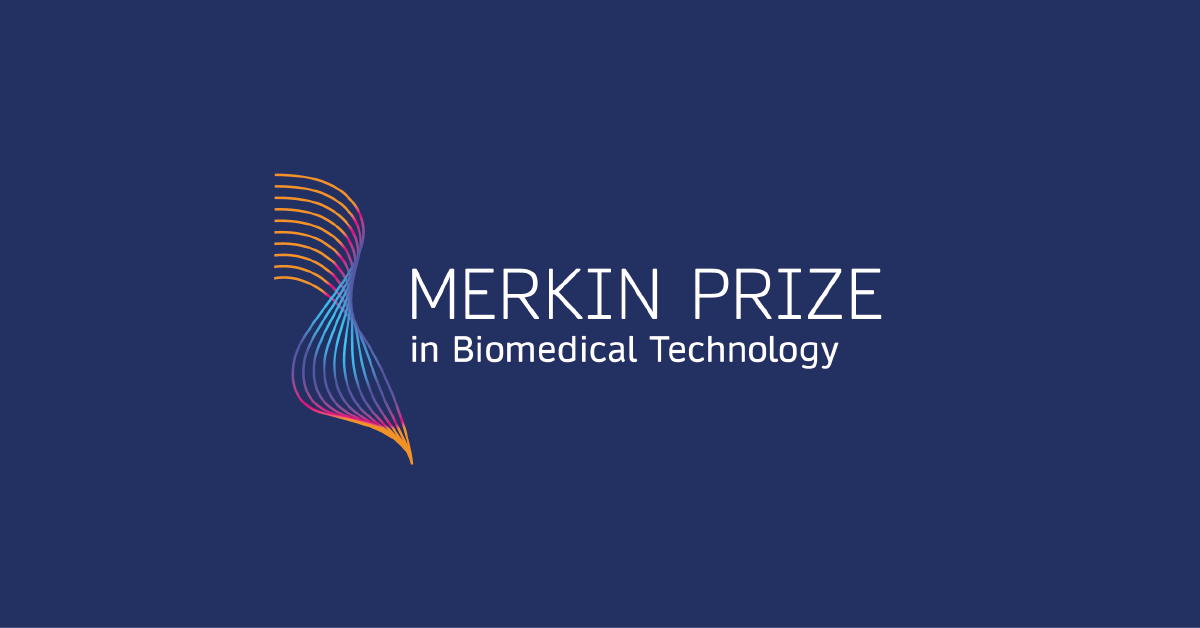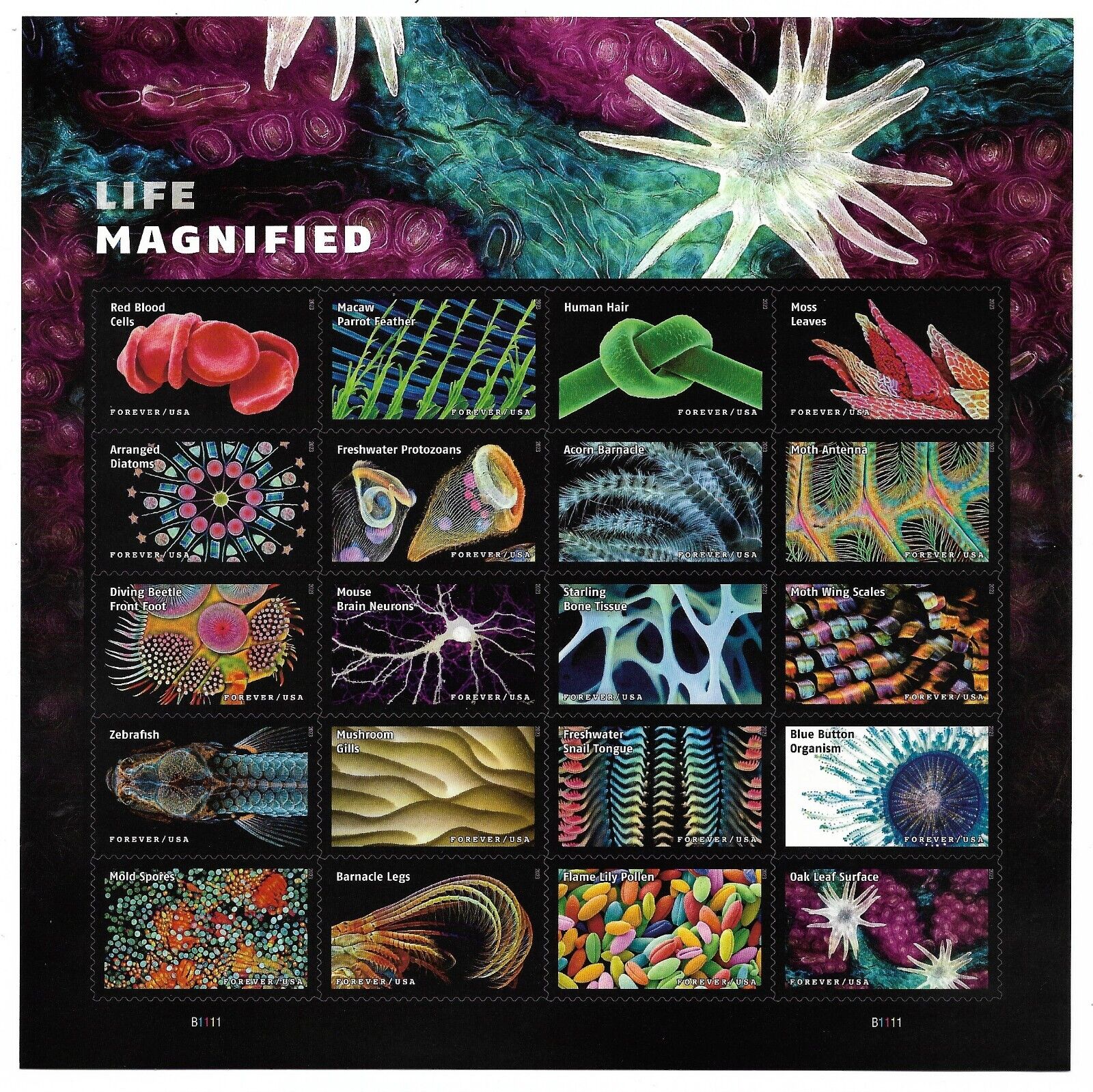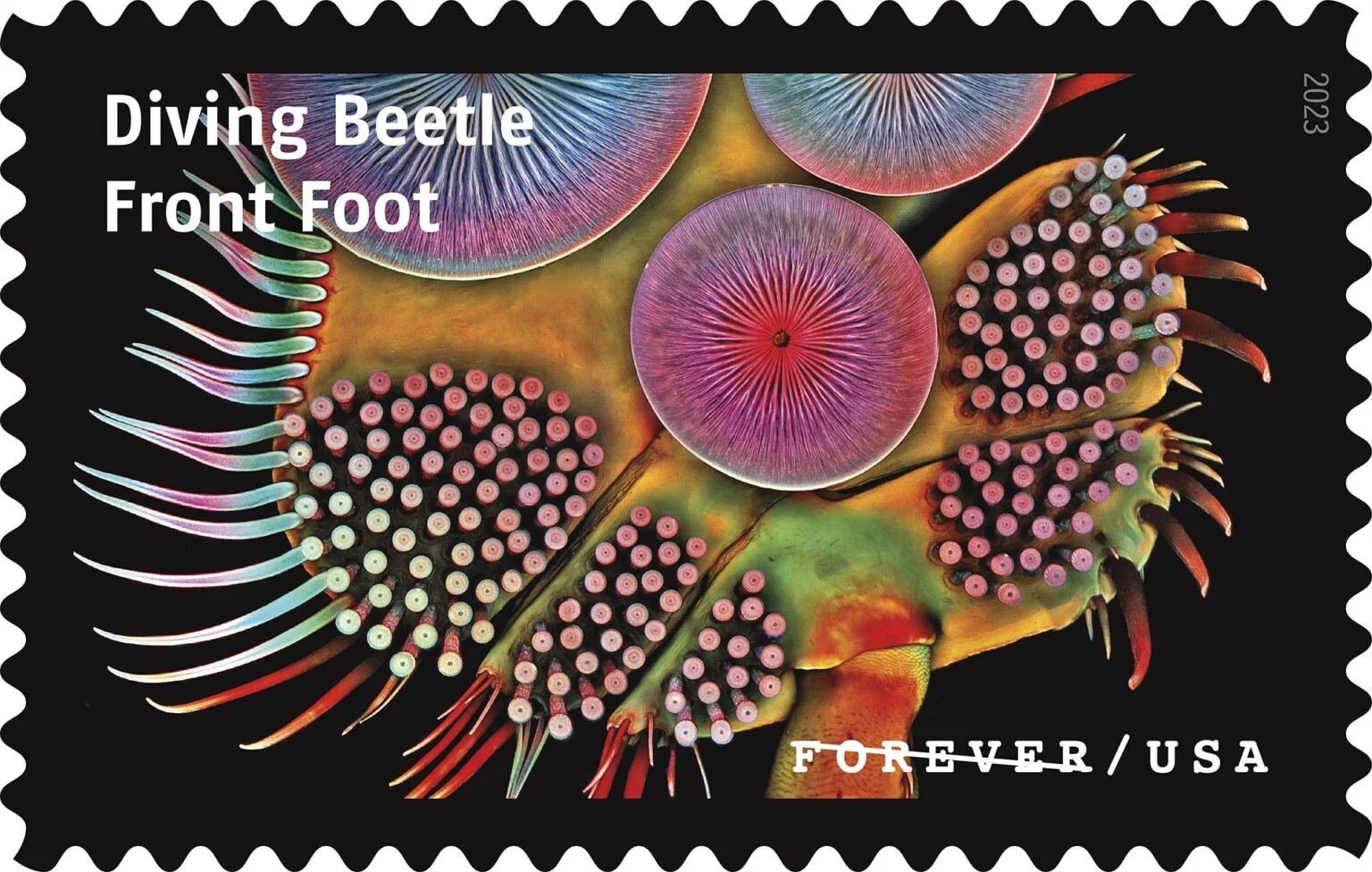Search
When?
-
Moving from the Sciences to the Arts
13 December 2023 

It’s always interesting for me to learn about others who have moved from the Sciences to the Arts, so it was great when Taiwanese illustrator Emma Cheng appeared on one of my design news sites this week. I find her style, and use of pencil crayons, quite unique. She describes her work as “a drama series called Health, in which warmth, quirkiness, and whimsicality play together.”
Emma spent years of working as an MD and an illustrator, illustration being something that she practiced in her spare time. Eventually she felt, “I was in a place where both sides needed me to invest more effort in order to break through. It's like dating two people again and again. You'll have to decide at some point.” When she had to move to the US for her husband’s work, she took the opportunity to wholeheartedly pursue illustration.
It was when I finally had to really to commit to medical school that I decided to go to art school instead. While studying for my neuroscience degree, I had always studied art as well, so I had built up enough work to put together a portfolio to apply. I always thought I could go to medical school if things didn’t work out. Well, things have come full circle, and I have founded MOTHandRUST, where we do a lot of work for science organisations.
Emma is often asked how something as unrelated as science can inform her art. She says it perfectly when she conveys one of the challenges of moving from the Sciences to the Arts: “A challenge I faced was the lack of a clear career plan. As a doctor, there is already a ladder for everyone to climb in the industry. Basically, what you have to do is pass one test after another. You don't have to worry too much about your future in general. However, as a freelance illustrator, you must build the ladder yourself.”
Read the complete article on Creative Boom.
Emma Cheng's site.
-
The first Merkin Prize in Biomedical Technology has been awarded
8 November 2023 
"It's a very high honor for me to have been selected for this prize. The research we're being recognized for, people worldwide in almost every biology and biochemistry laboratory use our chemistry in one way or another," said Dr. Caruthers.This autumn, Dr. Marvin H. Caruthers of the University of Colorado, Boulder, has won the inaugural Richard N. Merkin Prize in Biomedical Technology for developing an efficient, automated technology for synthesizing DNA. The ability to synthesize genetic information has ultimately changed the face of medicine and paved the way for the genetics revolution.The Merkin Prize, created by the Merkin Family Foundation and administered by the Broad Institute of MIT and Harvard, recognizes technologies that have improved human health, and carries a $400,000 cash award. Nominations from around the globe were evaluated by a selection committee composed of eight scientific leaders from academia and industry in the US and Europe, as well as jury chair Dr. Harold Varmus, Nobel laureate."Dr. Caruthers' work demonstrates the type of technology used in the life sciences that impacts patients' care and has significantly advanced healthcare for millions, the purpose of the prizes," said Dr. Richard Merkin, President and CEO of Heritage Provider Network, one of the country’s largest physician founded and physician owned integrated healthcare systems.The logo and branding for this prize was proudly developed by MOTHandRUST.Nominations for the 2024 Merkin Prize will open in September 2023. Visit merkinprize.org for more information.Posted in: science MandR work -
The beauty of microscopy
6 September 2023 


“Usually, we shrink images to fit on a postage stamp. In this case, we have enlarged the images to postage-stamp size—that doesn’t happen often,” said Luke Grossmann, senior vice president of finance and strategy for the Postal Service.
These stamps are gorgeous! But they are not works of art per se; they were created for science. But by incorporating aesthetic appeal into the ways they present their research, the scientists behind these stamps have created images equally suited for a gallery wall as for a scientific journal.
The images taken of parts of the natural world that is so small that we cannot perceive it with our eyes alone. Microscopes and specialised photographic techniques are used to capture details of red blood cells, the feather of a macaw, a knotted strand of human hair, moss leaves, diatom shells, freshwater protozoans, an acorn barnacle, a moth’s antenna, the front foot of a diving beetle, neurons from a mouse’s brain, bone tissue from a starling, scales on the wing of a Madagascan sunset moth, a juvenile zebrafish, mushroom gills, the tongue of a freshwater snail, a blue button (similar to a jellyfish), mould spores, the legs of a barnacle, flame lily pollen, and the surface of a southern live oak leaf.
These "The Life Magnified" stamps are issued in panes of 20. Learn more at the USPS site.
I’ve managed to find them on eBay where the seller can ship to the UK for a reasonable price, though I must wait a month to receive them here in London!
Posted in: science -
Medical Illustration: 10 Facts
19 May 2022 


1.
Medical illustration is a rather niche field, with an estimated 2,000 trained practitioners worldwide.
2.
The majority of medical illustrators in the profession have a master's degree from an accredited two-year graduate program in medical illustration, of which there are only four in North America.
3.
The first school of medical illustration was formed in 1911 at Johns Hopkins University.
4.
Some medical illustrators are authors and co-authors of textbooks or articles in which they've made major contributions to the content.
5.
In the past, the majority of medical illustrations were produced for professional use, whereas now there is a growing need for illustrations aimed at the lay public, in order for them to understand the state of their health and medical options.
6.
Attorneys use medical illustration to clarify complex medical information for judges and juries in personal injury and medical malpractice cases.
7.
Medical illustration created for instruction (surgery, anatomy, obstetrics and medicinal plants) first appeared in Hellenic Alexandria during the 4th century BC or early 3rd century BC on individual sheets of papyrus.
8.
Leonardo da Vinci pursued his own anatomy book, and pioneered the use of cross sections and exploded views.
9.
De humani corporis fabrica (The Fabric of the Human Body) of 1543 is probably the most well known book of anatomy. It profoundly changed medical training, anatomical knowledge, and artistic representations of the body, an influence that has persisted over the centuries.
10.
Here at MOTHandRUST, we do create scientific illustrations (seen above) and we can work with specific medical illustrators when required. -
Suzan, why did you get a neuroscience degree? WHY?
25 September 2020  As someone who runs a design studio, it is not uncommon to hold a design degree. However, I do have a neuroscience degree as well, and when people find this out, they always ask, “why?”The answer is simple: I planned to be a psychiatrist.So what happened? It was a really tough decision that weighed on me a lot, but finally I decided to apply to art school instead of med school. Then at least I'd never wonder "what if..." And if I really wasn't happy, I could always go back and apply to med school later.I never looked back. And I learned an approach to tough decisions: go for it and if it doesn’t work out, you can usually go back to where you were before. It was this thinking that helped make moving to NYC, Montreal, San Francisco and finally London, for work after graduation, a bit easier.I often give this advice to students, who may answer: is it not a big waste of time and money? It seems that so many want to know exactly where they are going, and then simply get there in a nice, efficient straight line. I'm not sure this is always possible, or even desirable. It is however, understandable. Uni is so costly these days. A tuition freeze and some scholarships meant my student debt was manageable, so I was lucky—the cost was well worth it.If for whatever reason, your path leads in many directions, in this new world of disruption and convergence, it does not mean a big waste of time or money. A diverse background always feeds into what you do later on. In my case, my design studio MOTHandRUST works with a lot of science clients, which means my background is an advantage. I lead science-related projects that I am genuinely interested and passionate about. It makes it easier for me to convey scientific ideas and findings in compelling ways. I can quickly understand and grasp the needs and vision of my science clients. I understand a range of audiences both inside and out of the organisation. Finally, I see the similarities between the Art and Science, not just the differences.
As someone who runs a design studio, it is not uncommon to hold a design degree. However, I do have a neuroscience degree as well, and when people find this out, they always ask, “why?”The answer is simple: I planned to be a psychiatrist.So what happened? It was a really tough decision that weighed on me a lot, but finally I decided to apply to art school instead of med school. Then at least I'd never wonder "what if..." And if I really wasn't happy, I could always go back and apply to med school later.I never looked back. And I learned an approach to tough decisions: go for it and if it doesn’t work out, you can usually go back to where you were before. It was this thinking that helped make moving to NYC, Montreal, San Francisco and finally London, for work after graduation, a bit easier.I often give this advice to students, who may answer: is it not a big waste of time and money? It seems that so many want to know exactly where they are going, and then simply get there in a nice, efficient straight line. I'm not sure this is always possible, or even desirable. It is however, understandable. Uni is so costly these days. A tuition freeze and some scholarships meant my student debt was manageable, so I was lucky—the cost was well worth it.If for whatever reason, your path leads in many directions, in this new world of disruption and convergence, it does not mean a big waste of time or money. A diverse background always feeds into what you do later on. In my case, my design studio MOTHandRUST works with a lot of science clients, which means my background is an advantage. I lead science-related projects that I am genuinely interested and passionate about. It makes it easier for me to convey scientific ideas and findings in compelling ways. I can quickly understand and grasp the needs and vision of my science clients. I understand a range of audiences both inside and out of the organisation. Finally, I see the similarities between the Art and Science, not just the differences.